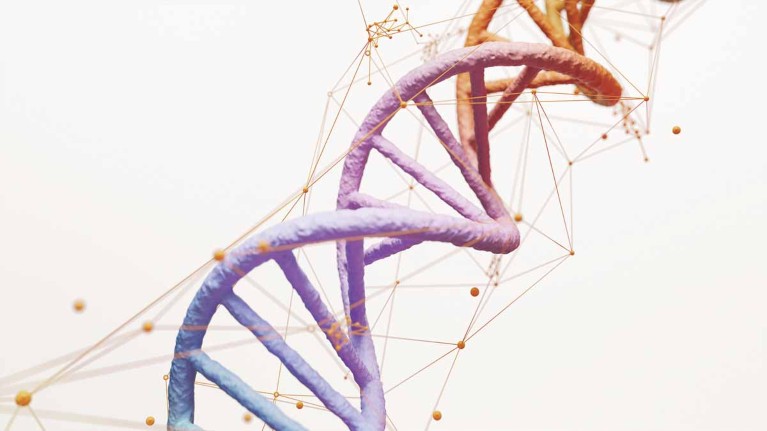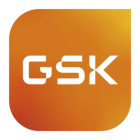GSK is focused on uniting science, technology, and talent to get ahead of disease together. Partnering is integral to this culture. GSK recognizes that dealmaking can offer a competitive advantage in developing vaccines and medicines that transform the standard of care and improve the lives of patients. The company is committed to being the partner of choice, with the agility to quickly evaluate deals and the scale to rapidly advance complex drug development.
GSK focuses on four therapeutic areas—infectious diseases, HIV, respiratory and immunology, and oncology. Believing the best science doesn’t happen in isolation, GSK has more than 100 active alliances across biotech and academia. GSK’s collaborators, which span the value chain and geographies, reflect recognition of the benefit of combining complementary capabilities.
In 2023, GSK reinforced its infectious and respiratory disease leadership by licensing a hepatitis B candidate and acquiring a company focused on developing a small molecule for chronic cough; it also strengthened its oncology pipeline with two antibody–drug conjugate (ADC) deals.
For each deal, GSK assessed the financial, scientific, and cultural fit, resulting in partnerships built on the shared belief that bringing people together is the best way to deliver products that make a difference to patients. Garrett Rhyasen, VP of search, evaluation, and transactions at GSK, outlined the importance of partner selection. “A big component of being a partner of choice is demonstrating GSK can add value with our development portfolio, operational excellence, and global infrastructure, especially in deals with milestone payments or co-development and co-promotion,” Rhyasen said. “The partner’s confidence in our capabilities is extraordinarily important.”

Partner of choice
GSK has established itself as the right home for promising new medicines and vaccines through defined capabilities in three domains: therapeutic area expertise, platform and data technologies, and scalability with global reach.
In terms of therapeutic area expertise, GSK has renowned scientists and thought leaders, particularly in respiratory diseases. The company has spent decades building relationships within the respiratory community to help identify and address unmet needs for patients. Therapeutic area expertise motivated GSK to acquire Bellus Health and develop a new medicine for patients with refractory chronic cough, which is a disease lacking therapeutic options. GSK’s recent acquisition of Aiolos Bio also leverages this heritage to develop a long-acting antibody for asthma.
On the technology side, GSK has invested in competitive data capabilities across artificial intelligence and functional genomics. Additionally, GSK has access to leading vaccine and medicine platforms, enabled by the acquisition of Affinivax with its multiple antigen-presenting system (MAPS) platform and in oligonucleotide technologies by collaborating with Wave Life Sciences as well as many others.
GSK deploys these technologies as part of its drug discovery and scalable development capabilities to fully realize the potential of a molecule. Drawing on its expertise, and connections to study sites and key opinion leaders, the company designs and runs complex global trials at pace. The power to simultaneously pursue multiple indications is illustrated by GSK’s recently announced license agreements with Hansoh Pharma for novel ADCs in oncology.
“If there is potential for multi-indication drug development, that’s something that we do well,” said Chris Sheldon, SVP and head of business development at GSK. “We rapidly follow the science to understand the potential of the molecule and pursue indications in parallel across a range of tumor types. That’s the scale we can bring.”
A focused, agile operation
While GSK has added scale where it is beneficial, it has a focused and well-defined strategy across infectious diseases, HIV, respiratory and immunology, and oncology. The expert business development team scouting for new opportunities deeply understands this strategy, allowing for quick decision-making. For example, in oncology, GSK’s business development efforts are aimed at finding precision medicines that offer monotherapy activity with a well-defined clinical development path and commercial opportunity within women’s cancers and hematology.
The focus has allowed GSK to establish deep expertise in its chosen modalities—including small molecules, ADCs, and T cell engagers—and focussed tumor indications, ensuring that all its oncology candidates are a priority and free from distractions that could slow development. Focusing in this way means the company can quickly rule out deals outside of its target areas, too. The speed of decisions is further enhanced by GSK’s structure.
“The business development group is a highly specialized senior team. We have immediate access to GSK’s executive team who are very hands on. It’s a differentiator,” Sheldon said. GSK is open with potential partners about who is involved at any given time, an approach that is part of a broader belief in transparency and establishing a shared vision.By being a partner of choice, GSK has established the foundation for successful collaborations that are uniting science, technology, and talent to get ahead of disease together.


